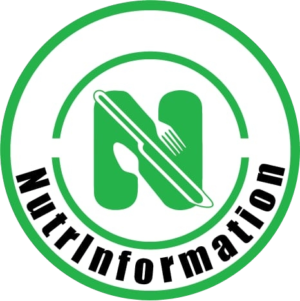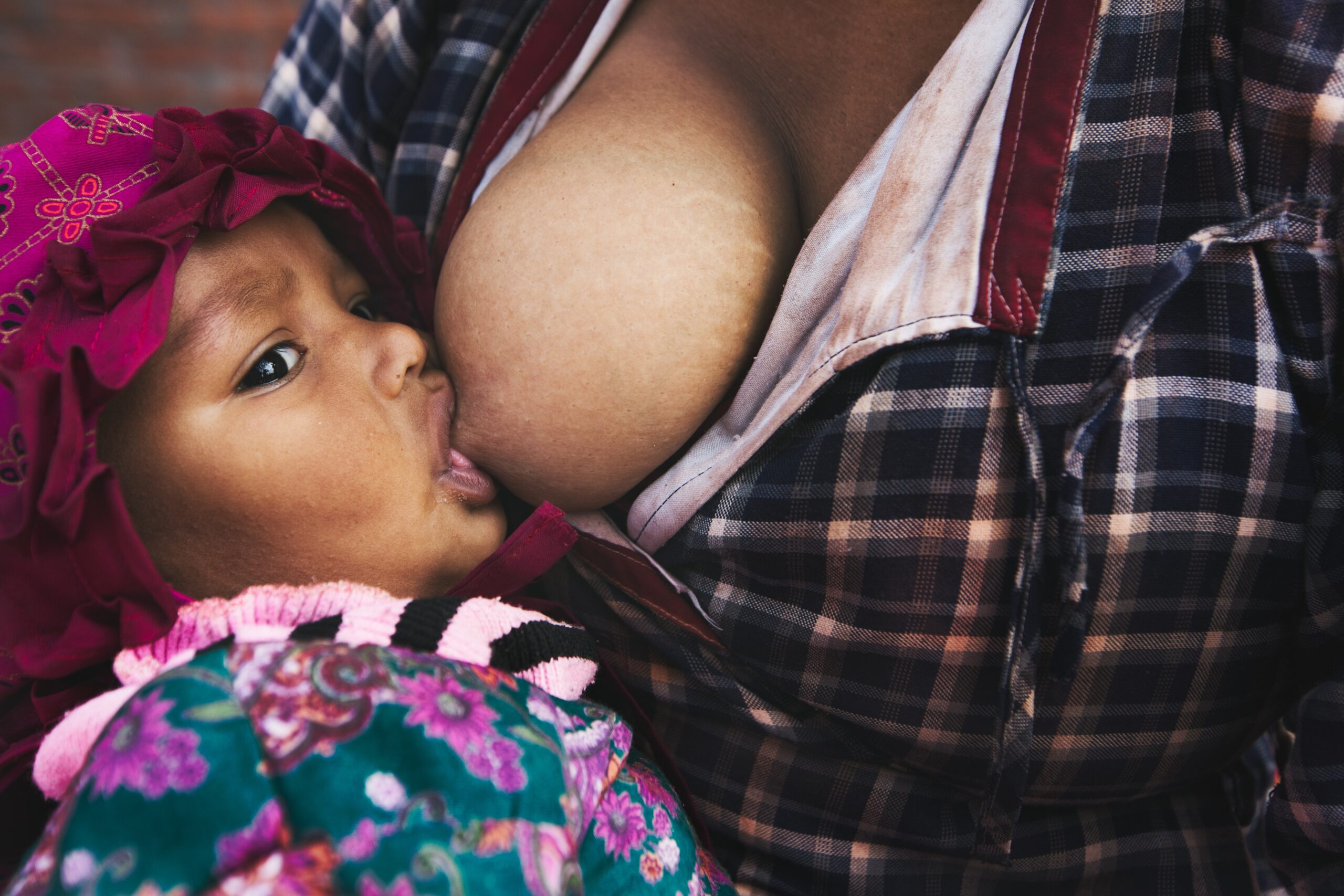HOW DOES BREASTMILK INCREASE IMMUNITY?
Does breastmilk increase immunity? The first line for strong immunity is good nutrition. There is no better source of good nutrition than breastmilk! Breastmilk provides all the nutrients that your baby needs to be healthy. In addition breastmilk also has other immunity boosting components. We will look at five of these components.
Probiotics
Probiotics are good bacteria. The human intestines has trillions of different bacteria which make up the gut flora. The gut flora has both good and bad bacteria. The body always tries to maintain the balance. Whenever the bad bacteria are more than the good bacteria you become sick and vice-versa. When an infant is born they do not have any bacteria. The food they eat, determines the type bacteria that grows in their gut.
Breastmilk provides good bacteria for the baby. Breastfed infants receive up to 104 -106 good bacteria every day from breastmilk. This ensures that your baby has a lot of good bacteria before they start eating other foods. This way the baby can fight bacterial infections easily. As you introduce new foods during and after weaning, more bacteria enter the baby’s gut. Ultimately determining which bacteria will be in their mature gut flora.
Prebiotics
Prebiotics stimulate the growth of probiotics in the digestive system. They are the third largest component of breastmilk. Prebiotics provide food for the good bacteria. Enabling them to survive and dominate the infant’s gut. Prebiotics also reduce the chances of your baby having diarrhea. They also shorten the duration in which diarrhea lasts in children.
Lactoferrin
Lactoferrin prevents growth of harmful bacteria in the baby. Most harmful bacteria need iron for their growth. Lactoferrin binds to iron and eventually kills the bacteria. This way lactoferrin protects breastfed infants against bacterial, viral and fungal infections. On the other hand, lactoferrin promotes the growth of good bacteria which need low iron to survive. It also regulates bone marrow function and boost immunity. And aids in absorption of iron from the intestines.
Colostrum (1st milk) contains up to 7 times lactoferrin compared to mature milk. Therefore it is important to breastfeed your baby soon after delivery.
Immune antibodies
Colostrum and breastmilk are also rich in immunoglobulins (Ig). These are antibodies that one develops in their body after contracting a disease or vaccination. Immunoglobulins allows the mother to pass her antibodies to their baby. Therefore giving the child immunity against diseases.
The beauty of breastmilk antibodies is that they are environment-specific. A mother can therefore pass antibodies of diseases that are common where they live. Recently, research shows that mothers who have recovered from COVID-19 have antibodies against the virus and can pass it to their baby through breastfeeding.
Concentrations of immunoglobulins changes throughout breastfeeding but will continue to be in the breastmilk as long as you continue to breastfeed. Unfortunately, these antibodies may not be there in infant formula, or donor milk. Also expressing of milk and freezing or refrigerating destroys them. Therefore your best shot is in directly breastfeeding your baby
Lutein
Lutein is the highest carotenoid in human milk. Human milk is the main dietary source of lutein for infants until weaning occurs. Lutein protects the infant’s eye by absorbing blue light. Blue light comes from the sun, LED lighting and all screens. (Flat screen TV, computers and smartphones). Many children are exposed to blue light from birth. This is a risk since too much blue light can damage their retina. This can also lead to permanent vision loss.
Additionally, Lutein is also the most predominant carotenoid in the brain. It enhances infant memory and improves nervous system function.
Lutein in breastmilk is however dependent on maternal diet. Therefore the mother should eat enough dark green vegetables.
With strong immunity, your baby will rarely get sick. To boost your baby’s immunity, you should exclusively breastfeed for the first 6 months. After this you should continue to breastfeed your baby up to their second birthday. This will continue to provide the baby with these very important immunity compounds

